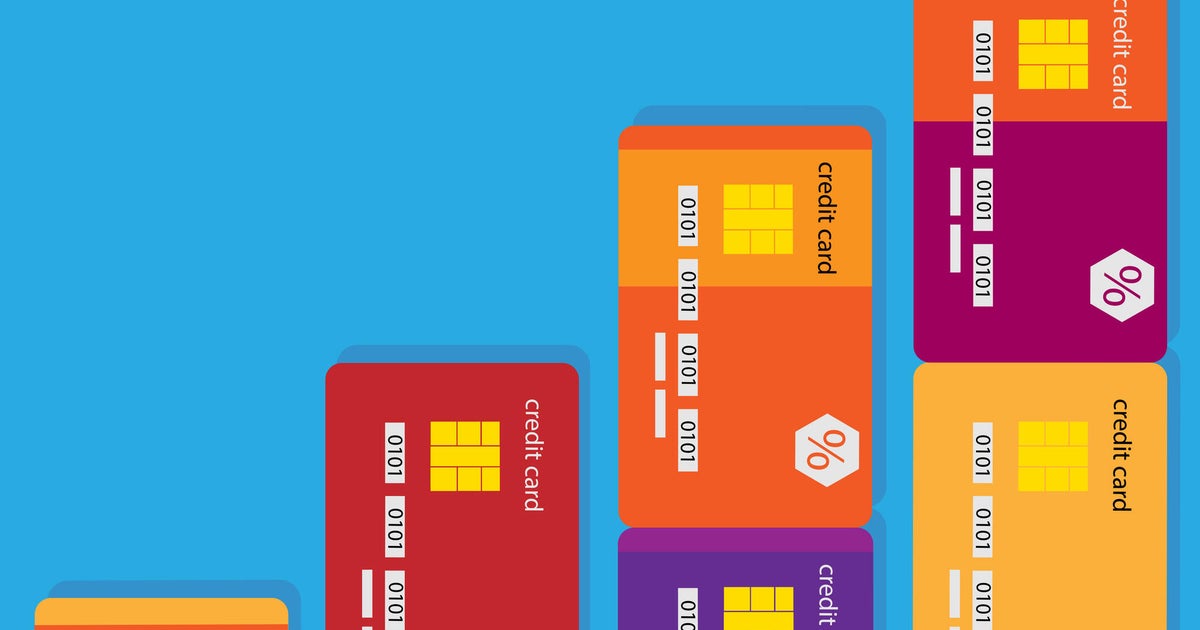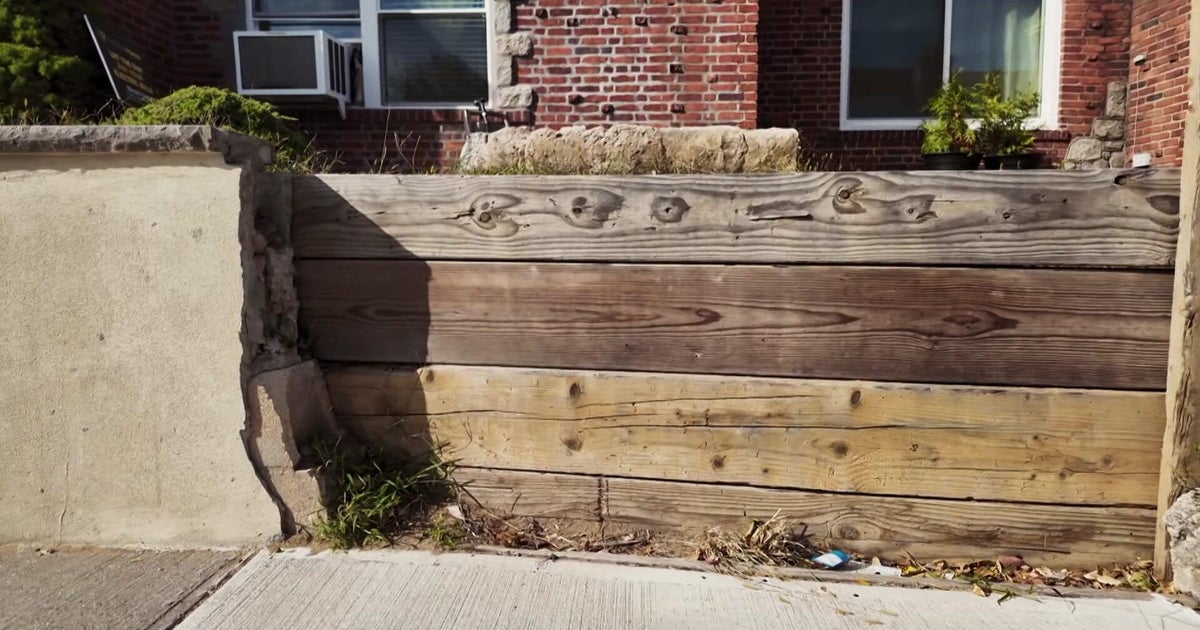Want a home equity loan with bad credit? Avoid these 4 mistakes
Tapping into home equity can be an attractive option for homeowners looking to secure funds for a number of different reasons, from debt consolidation to home improvements or covering unexpected expenses. And, due to a combination of low mortgage rates, increased home demand and inventory shortages during the pandemic, home prices have been climbing over the past few years.
In turn, home equity levels are up substantially. That's why so many homeowners are currently tapping into their home's equity to fund large purchases or pay for high-interest debt. As with any type of loan product, though, homeowners with good credit scores typically get the best rates and terms on their home equity loans or home equity line of credit (HELOC).
But if you want to tap into your home equity with a low or bad credit score, borrowing gets a little trickier. While it may still be possible to borrow from your home equity with bad credit, there are some critical mistakes you should avoid.
Explore your home equity loan options right now to find out if it's the right move for you.
Want a home equity loan with bad credit? Avoid these 4 mistakes
Before you take out a home equity loan or HELOC with a low or bad credit score, be sure you know the common but costly traps to avoid, including:
Taking the first offer
Your home equity loan options are limited if you have low or bad credit, but don't just take the first offer you get. The need for quick cash or the fear of having your application denied can cloud your judgment, leading you to overlook unfavorable loan terms rather than finding a lender that can offer you a better deal. It's one of the biggest home equity mistakes you can make.
Take the time to research and find reputable lenders who specialize in working with individuals with bad credit instead. By comparing offers from lenders who are willing to work with homeowners who have credit issues, you'll be better prepared to make a well-informed decision and avoid falling prey to predatory lending practices.
Learn more about your home equity loan options here now.
Accepting a high interest rate
Bad credit often leads to higher interest rates on home equity loans and lines of credit, making borrowing more expensive over time. Accepting a loan with a sky-high interest rate can also significantly impact your monthly payments and long-term financial stability, so it's important to find the right home equity loan with the lowest rate possible for your situation.
Even a seemingly minor difference in interest rates can result in thousands of dollars in additional interest payments over the life of the loan. For example, a $30,000 home equity loan with a 5-year term and a rate of 8.51% would have a monthly payment of about $616 per month. The total interest you'd pay on that loan would be about $7,482.
But if the same loan had a rate of 6.51%, the monthly payments would be about $587 and the total interest over the life of the loan would be approximately $5,752 — or about nearly $2,000 in savings over the life of the loan.
Taking out a loan with bad terms
Borrowers with bad credit may also get offers with other unfavorable terms, such as high closing costs, excessive fees and inflexible repayment schedules — which can lead to big issues over time. Before signing any agreement, carefully review the loan terms and conditions.
Pay close attention to any hidden fees, penalties for early repayment and adjustable interest rates that can balloon over time. If you're unsure about the terms, seek advice from a financial advisor or a trusted professional who can help you understand the implications of the loan — and be sure to compare multiple offers to find one with the best terms possible.
Not waiting until you've improved your score
Perhaps the most significant mistake you can make is not waiting until you've made efforts to improve your credit score. Taking out a loan with bad credit can be an expensive endeavor and, unless you're in a dire financial situation, it's likely best to wait until you've taken steps to enhance your creditworthiness.
It doesn't always have to be a long process, either. Focus on reducing outstanding debts, making timely payments and correcting any errors in your credit report, which can have a big impact on your score. This will not only increase your chances of qualifying for better loan terms but also put you in a more secure financial position to manage the additional debt responsibly when you do tap into your home equity.
Find out more more about the home equity loan options available to you now.
The bottom line
A responsible approach to tapping into your home equity with bad credit requires careful consideration and avoiding these common mistakes. Take your time, research different lenders and don't be afraid to negotiate for better terms. And, when possible, prioritize improving your credit score before taking on additional debt, as it can save you money in the long run. By avoiding these common missteps, you can make a well-informed decision that will lead to the best possible outcome for your finances.




